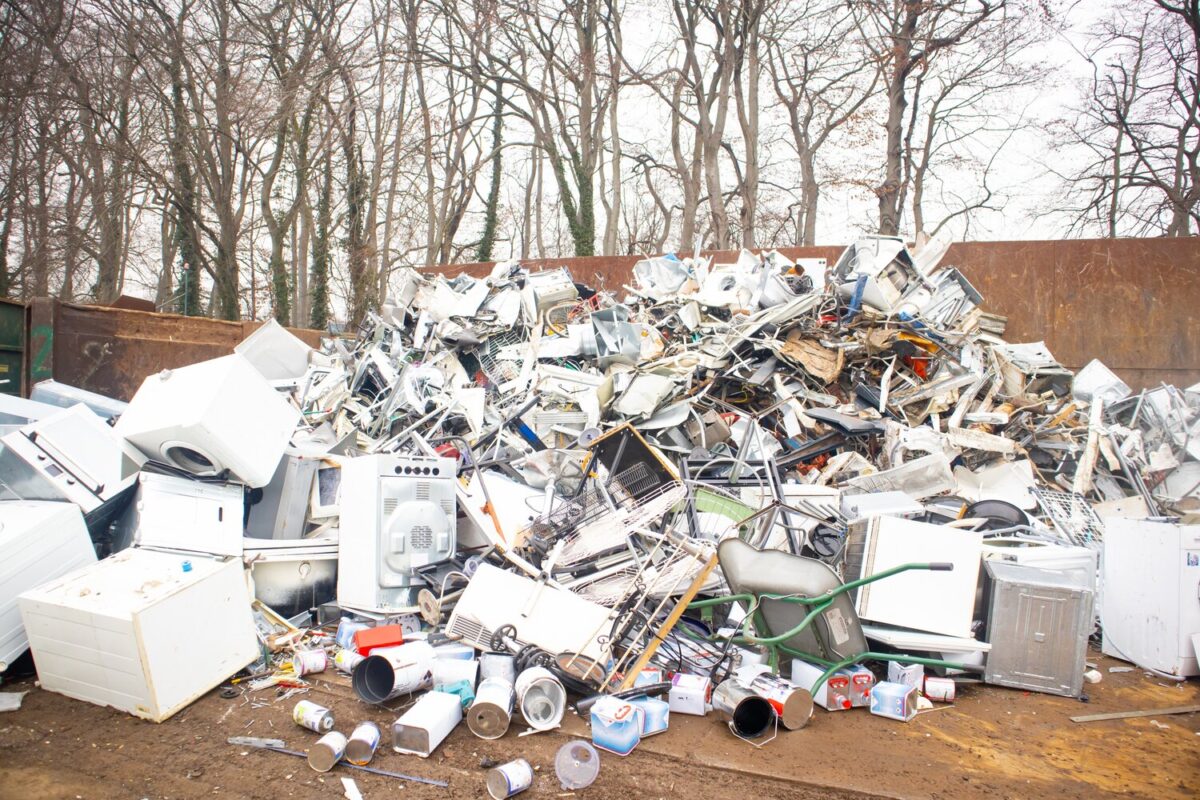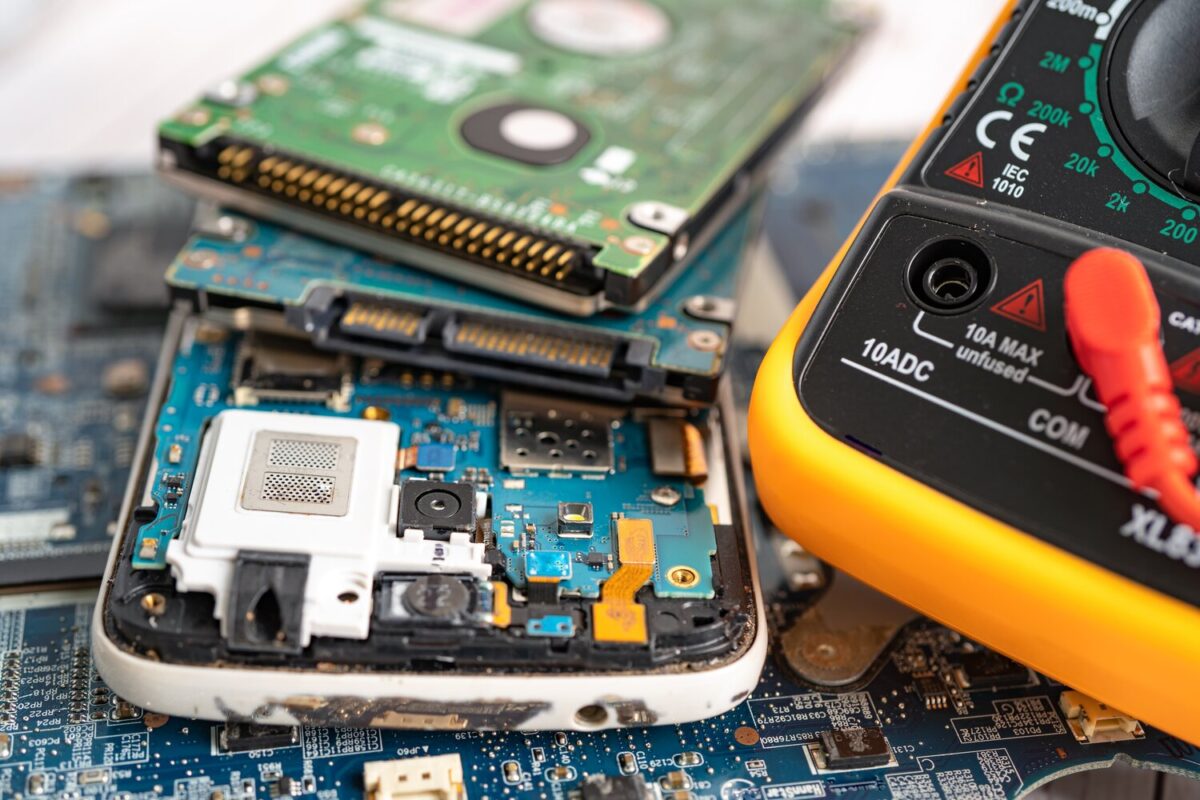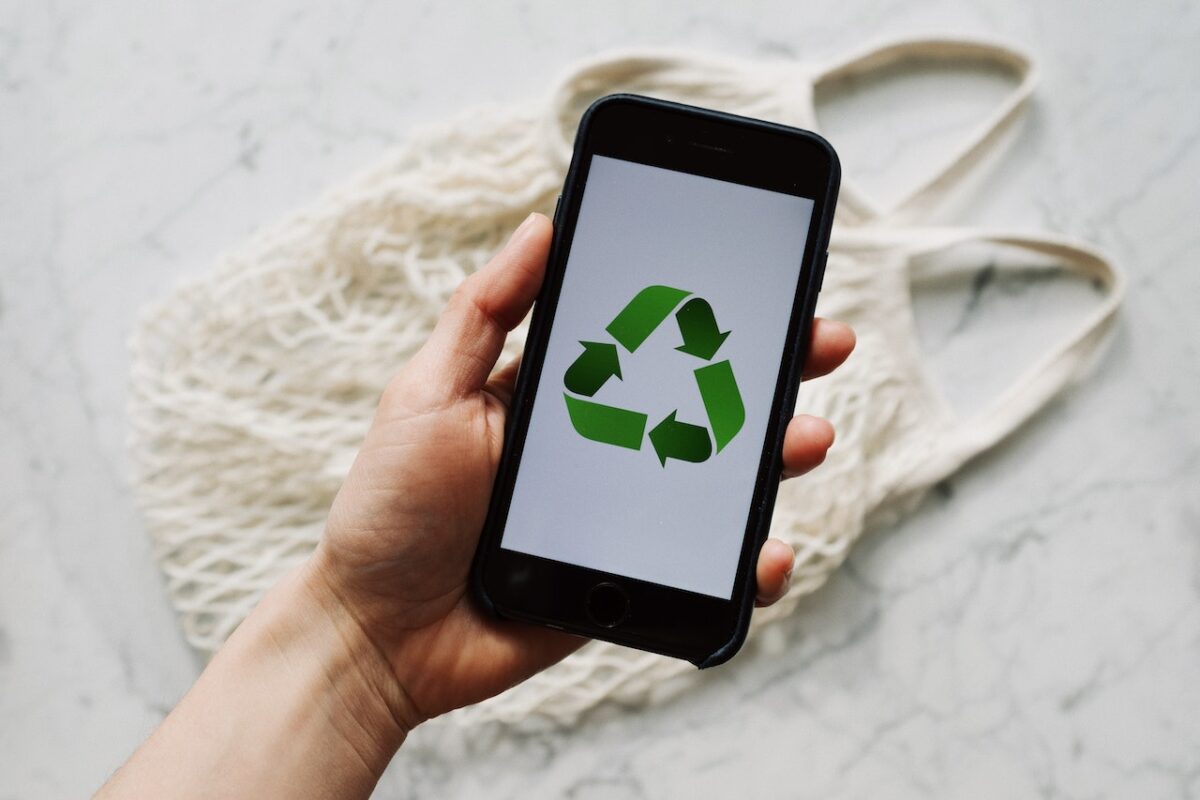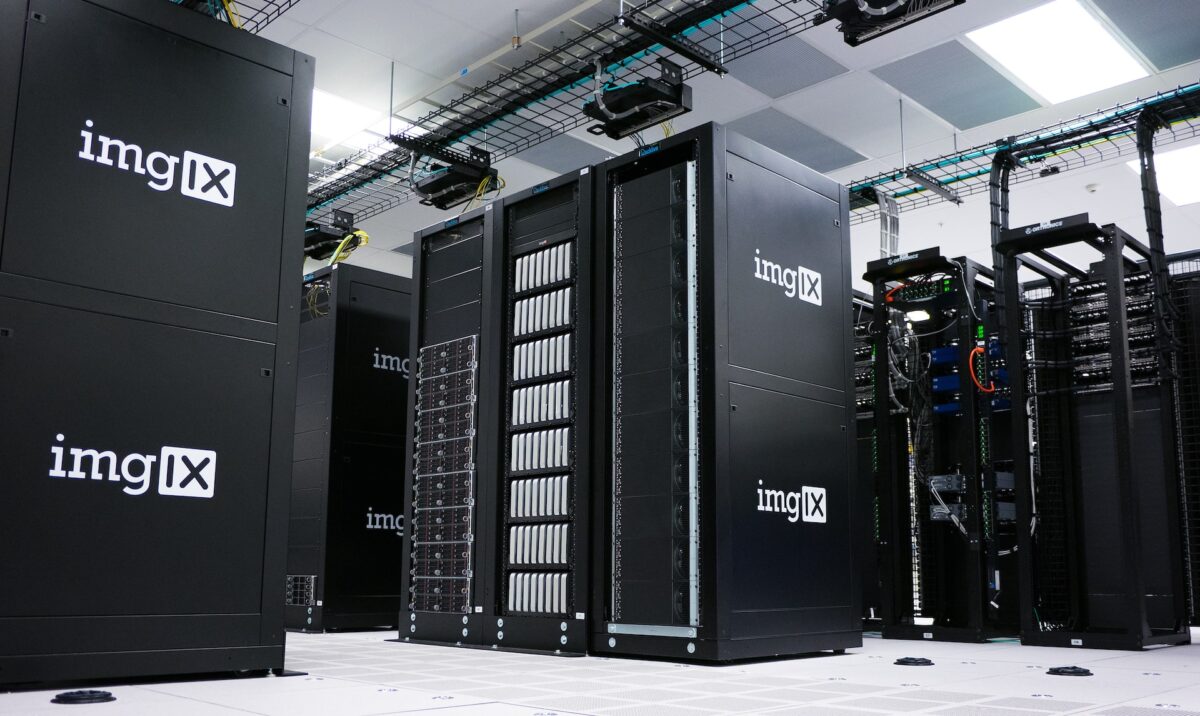Everything You Need to Know About Recycling Electronics
Recycling electronics is becoming increasingly important in today’s society. As our reliance on technology grows, so does the amount of electronics we produce, leading to an increasing amount of e-waste. However, recycling electronics can be a complicated process due to the wide range of materials and components used in electronics. In this article, we’ll cover everything you need to know about recycling electronics and how to do it properly.
Why is Recycling Electronics Important?
First, let’s start with the basics. What are electronics and why do we need to recycle them? Electronics are devices that use electricity to perform specific functions. Examples of electronics include computers, mobile phones, televisions, and other household appliances. As our reliance on technology grows, so does the amount of electronics we produce. This has led to an increasing amount of e-waste, which is electronic waste that is no longer usable or wanted.
Fortunately, recycling electronics is becoming increasingly popular as more people are becoming aware of the importance of sustainability. Recycling electronics can be a great way to reduce your environmental impact and help conserve resources. It can also help keep hazardous materials out of landfills, which can be harmful to people and the environment.
How Are Electronics Recycled?
Now that we know why it’s important to recycle electronics, let’s take a closer look at the process. The first step is to identify what type of electronics you have and what materials they are made of. This is important because different materials have different recycling requirements. For example, some electronics may need to be taken apart before they can be recycled, while others can be recycled as-is. You can also look for local electronics recycling centers near you or search online to find one.
How Do You Recycle Electronics?
Recycling electronics is one of the most important things we can do to reduce our environmental impact. With advances in technology, more and more electronic products are being produced, and with them comes an ever-increasing amount of e-waste. Recycling these products helps to reduce the amount of waste that is sent to landfills and ensure the materials are reused properly.
The first step in recycling electronics is to find a certified e-waste recycler. This is a company that has been approved by a governmental or certifying body to properly recycle electronics. It is important to make sure that the recycler is certified as they are responsible for properly disposing of the material in an environmentally friendly way.
Once you have found a certified e-waste recycler, the next step is to properly prepare the electronics for recycling. This includes removing any batteries or other dangerous materials, and ensuring all personal data is wiped clean. It is important to make sure that these steps are done properly to ensure the safety of the material and limit the risk of any sensitive data being exposed.
Once the electronics have been properly prepared, they can then be taken to a certified e-waste recycler. At the recycler, the material will be inspected and sorted into categories based on the type of material. The material will then be processed for recycling, which may involve breaking down the material into smaller parts, burning off hazardous materials, or other processes. Depending on the recycler, the material may be reused for new products, or the material may be sold off for scrap.
Conclusion
Recycling electronics is an important part of living sustainably. By following the tips outlined above, you can help reduce electronic waste and make sure your old devices are disposed of in an environmentally responsible way.
If you are looking for an Atlanta electronics recycling center, turn to Atlanta Green Recycling . We will take care of your electronic and IT equipment to ensure that they are properly disposed of. Contact us today for more information.









